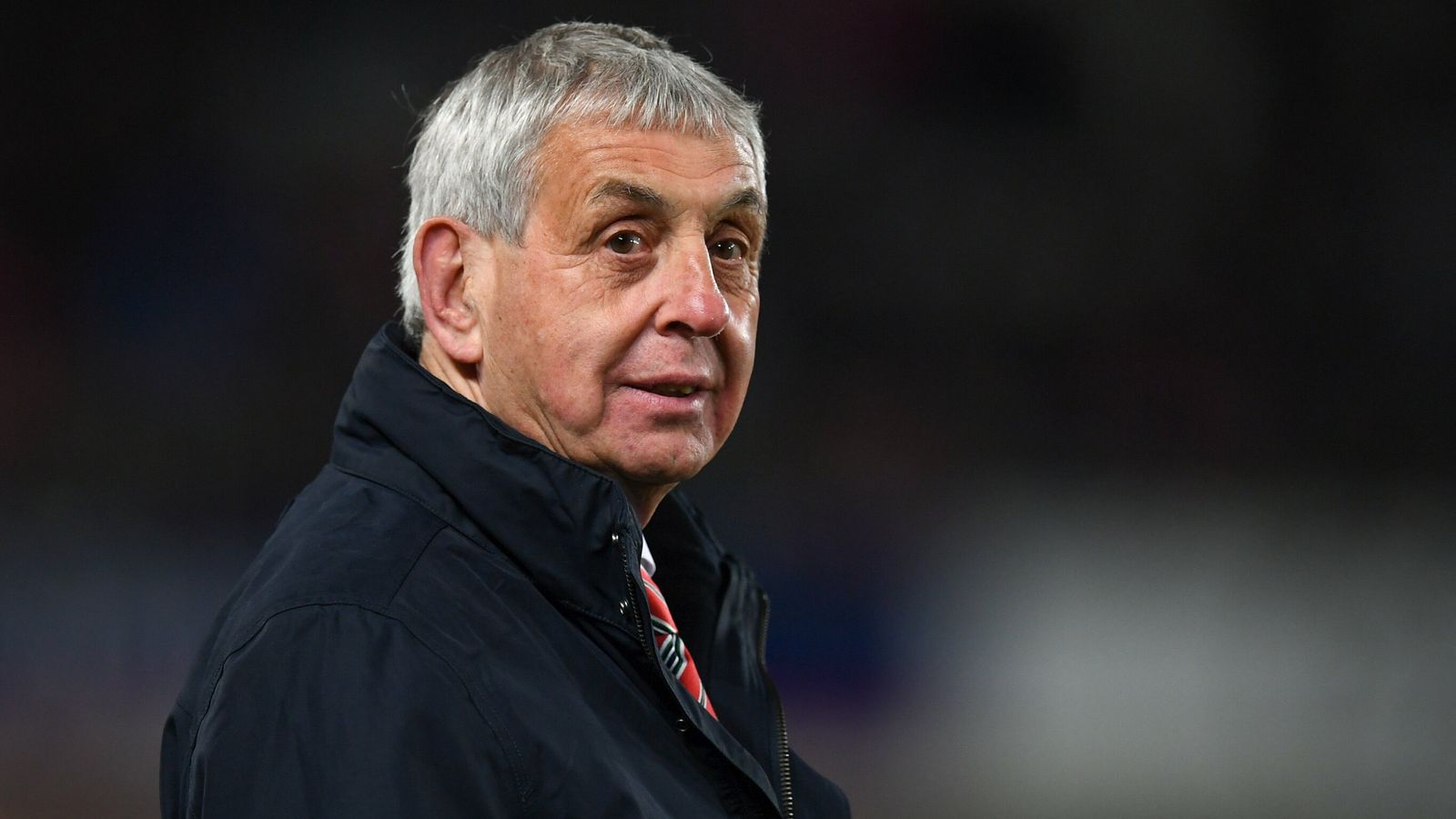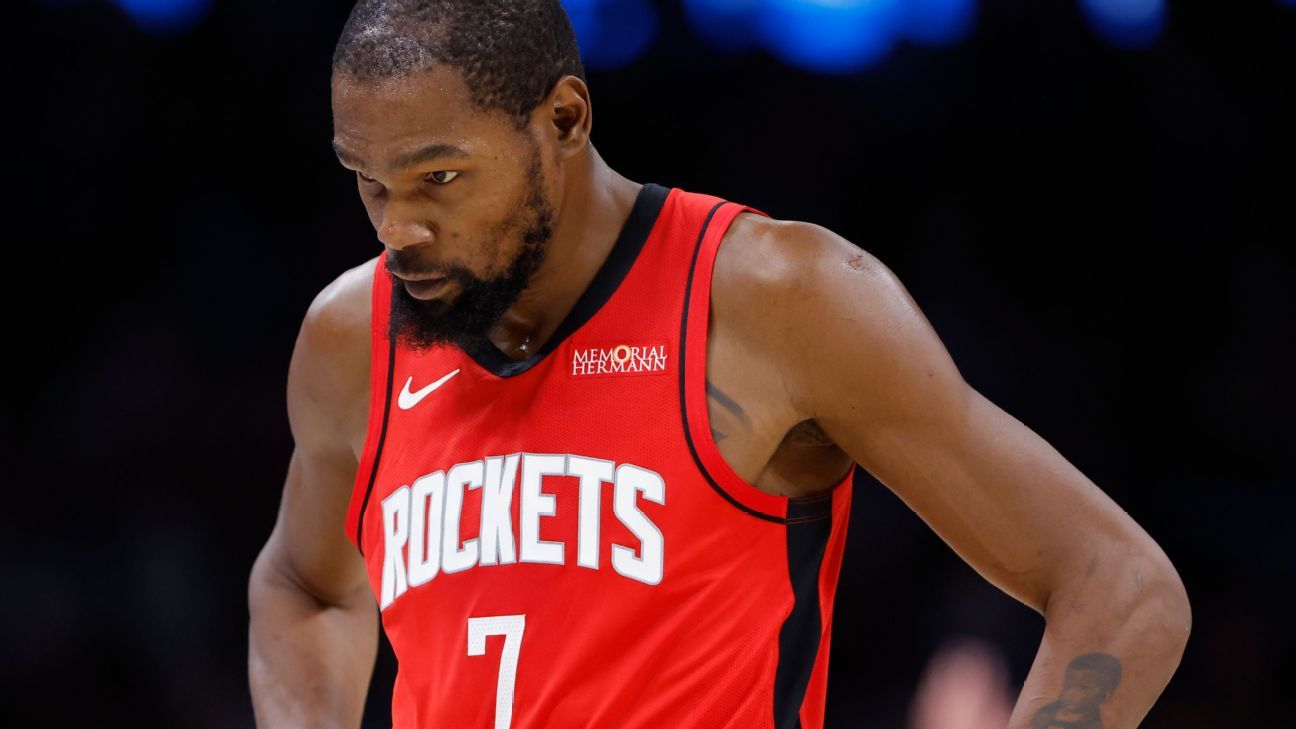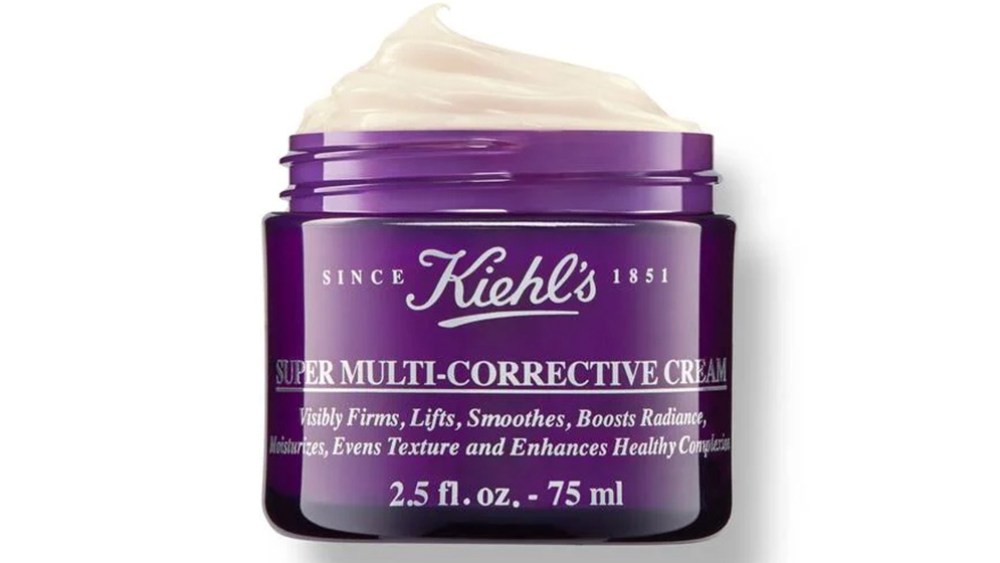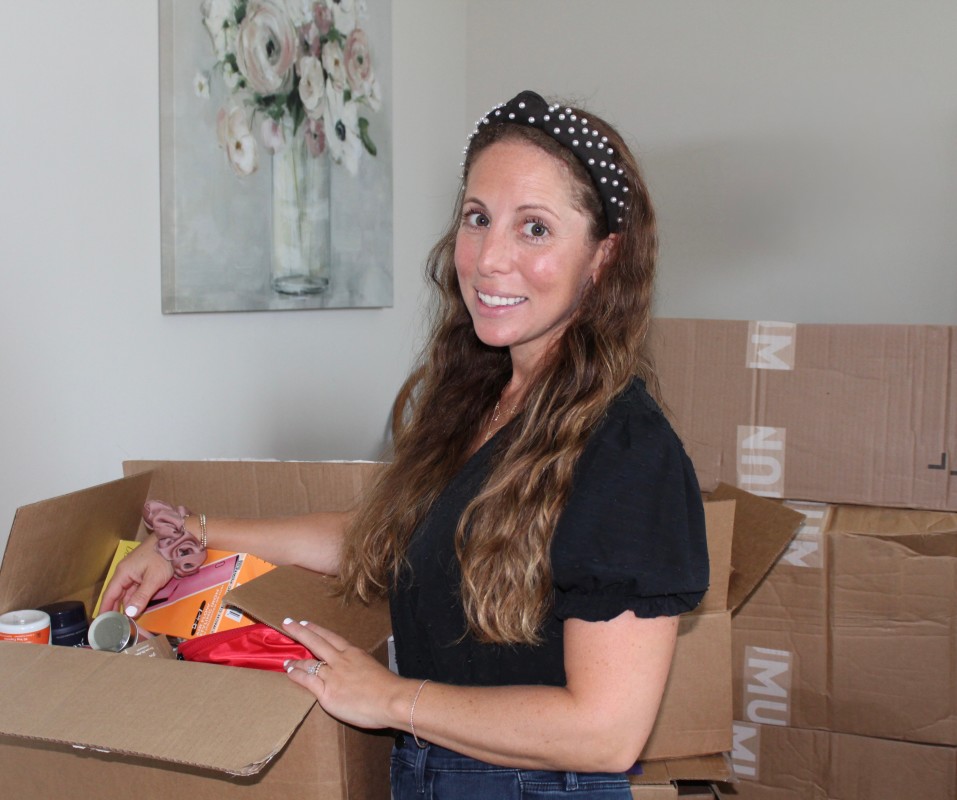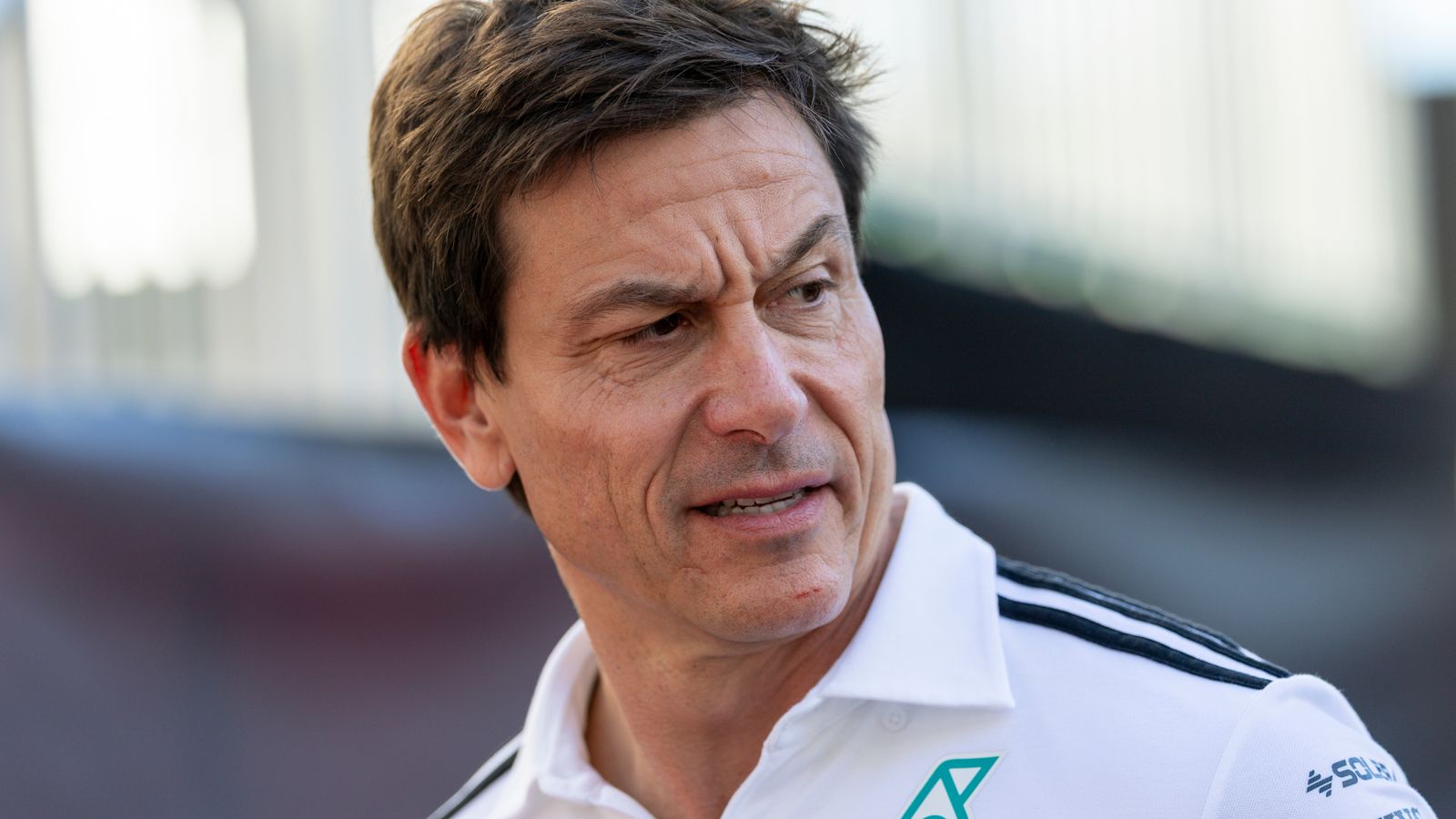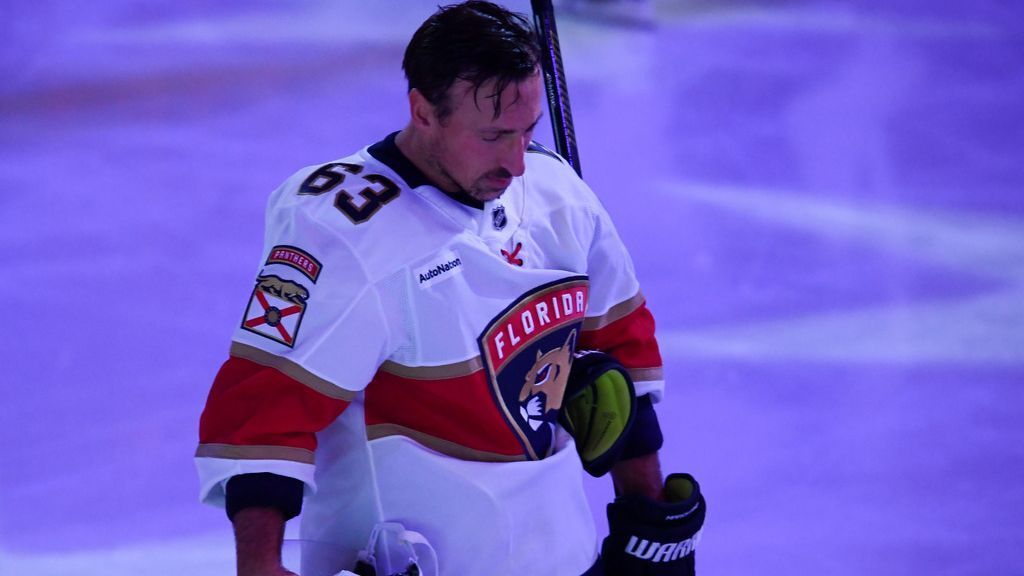
NEW YORK — Amanda Anisimova battled from a set down to beat Naomi Osaka in a thrilling US Open semifinal Thursday night to reach her second Grand Slam final in a row.
The eighth-seeded Anisimova won 6-7 (4), 7-6 (3), 6-3 and will face No. 1-seeded Aryna Sabalenka in Saturday’s final.
Sabalenka defeated No. 4 Jessica Pegula 4-6, 6-3, 6-4 in the semifinals earlier Thursday night in a rematch of last year’s final. She moved one victory away from becoming the first woman to claim consecutive championships at Flushing Meadows since Serena Williams got three in a row from 2012 to 2014.
Anisimova’s elimination of the No. 23 Osaka came in a match that ended at nearly 1 a.m. Friday morning
“I wasn’t sure I would make it past the finish line and I tried to dig deep,” said Anisimova, who needed three match points to get the job done. “It was a huge fight out there today.”
At Wimbledon in July, Anisimova was the runner-up to Iga Swiatek, who beat her 6-0, 6-0 in the title match. But Anisimova recovered from that well enough, and quickly enough, to get past Swiatek in two sets in the US Open quarterfinals.
Now Anisimova, a 24-year-old who was born in New Jersey and grew up in Florida, gets another shot at winning her first Grand Slam trophy. This is the fifth consecutive women’s final at a Slam involving an American woman.
But Sabalenka opened as a -250 favorite for the final, while Anisimova was +190, according to odds from ESPN BET. Sabalenka has attracted a leading 22.9% of the handle in the tournament winner future market at BetMGM; Anisimova opened at +2500 before the tournament.
She is the first opponent to beat Osaka this late in a Grand Slam tournament. Before this loss, Osaka had been a combined 13-0 over her career in major quarterfinals, semifinals and finals.
“I mean, honestly I don’t feel sad. It’s really weird. Well, it’s not weird, because I just feel like I did the best that I could,” Osaka said. “Honestly, it’s kind of inspiring for me, because it makes me just want to train and try to get better, and hopefully, just give it my very best shot again and see what happens. But I think I can’t be mad or upset at myself.”
Like Osaka vs. Anisimova, Thursday’s first semifinal was quite close — closer than the straight-set triumph for Sabalenka over Pegula 12 months ago that gave the 27-year-old from Belarus her third Grand Slam title, all on hard courts.
Since then, Sabalenka was a runner-up to Madison Keys at the Australian Open in January and to Coco Gauff at the French Open in June, then was eliminated in the Wimbledon semifinals by Anisimova in July.
On her first chance to end the semifinal against Pegula, the defending champion dumped what should have been an easy overhead into the net, then stared at the ground.
On Sabalenka’s second chance, she missed a clumsy volley — and later acknowledged she shouldn’t have ventured forward because she went just 15 for 27 when at the net.
So good at important moments in the high-stakes, high-tension final set, Sabalenka held it together there and held on, converting her third match point to finally get past Pegula.
“I was super emotional. I was just like, ‘Oh, my gosh, no way it’s happening. Please, just close this match,'” Sabalenka explained afterward. “The whole match, I just keep telling myself: [Onto] the next one, just one step at a time, don’t worry about the past. Just try better in the next point.”
Arthur Ashe Stadium’s retractable roof was shut before the semifinals began, which prevented disruption from the wind outside gusting at up to 30 mph and the rain that arrived during play.
In the good, indoor conditions, No. 4 Pegula played about as cleanly as possible in the first set and the third, making only three unforced errors in each. But in the second, that count was nine.
By the end, Sabalenka had accumulated more than twice as many winners as Pegula, 43-21.
“We were pushing each other,” Pegula said, “every single game.”
All evening, Pegula went after her returns, taking big cuts and not playing it safe, by any means. This, then, was the key: Sabalenka was able to save all four break points she faced in the last set.
“It was really high-level. I don’t really know what else to say,” said Pegula, who was wearing a white New York Yankees jacket and enjoying a root beer lollipop at her news conference. “I don’t know how I didn’t break back in the third.”
Asked how she managed to handle those moments, Sabalenka replied with a laugh: “Just praying inside and hoping for the best.”
Neither she nor Pegula had lost a set in the tournament before Thursday, although Sabalenka needed to go through only four matches, instead of five, to reach the semifinals, because her quarterfinal opponent, Marketa Vondrousova, withdrew because of an injured knee.
That meant Sabalenka hadn’t competed since Sunday.
Might she be rusty? Sure didn’t look that way at the outset, and Sabalenka used a nifty drop-shot-volley-winner combination to help go up a break and grab a 4-2 lead.
But Pegula didn’t fold. In the next game, with the thousands in the stands roaring for every point gained by the American, Sabalenka netted off-balance groundstrokes on two points in a row and double-faulted to get broken right back.
Sabalenka shook her head and slammed her arms by her side. That ended her run of 32 consecutive holds, and she draped a white towel over her head at the changeover. Pegula then broke again to cap a four-game run that wrapped up the set and, this time, Sabalenka quickly retrieved her bag and headed to the locker room.
When she came back, Sabalenka elevated her play — and steadied her mind when necessary.
“I will go out there on Saturday,” she said, “and I’ll fight for every point like the last point of my life.”
ESPN’s Doug Greenberg and The Associated Press contributed to this report.
#Anisimova #rallies #Osaka #reach #Open #final #faces #Sabalenka

